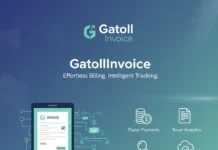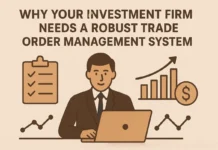For investors, it is vital that you take the time to find the right fund manager for your particular needs. The fund manager will be responsible for implementing your investment strategy and making the decisions to help you to achieve your financial goals, but it is not as simple as looking at their past performance as past performance is no guide to future returns (although it is always worth looking at).
What Does a Fund Manager Do?
The fund manager will oversee mutual funds, trust funds, hedge funds, or pensions, manage a team of investment analysts, meet with clients and carry out thorough research into businesses, the financial industry, and the economy, and use their expertise to help a client to achieve their goals. You also need to choose between an active fund manager (one that tries to outperform the market for greater returns) or a passive fund manager (one that tries to mirror the performance of the index).
Past Performance
You will want to take your time to find the right fund manager for your needs and one with a good track record, so how can you go about doing this? As mentioned in the intro, you should not put too much stock in past performance although it is worth analyzing to see their track record along with their investment style. Try to understand the kind of companies that they invest in to see if they share a similar level of risk to your own.
Awards
Another good way to choose a find manager is to see what awards they have won. Downing fund manager is award-winning and one of the most trusted fund managers in the UK, so you can have some confidence using an established asset manager like this.
Media Presence
It is also worth spending some time looking at the media presence that the fund manager has. Podcasts, interviews, social media posts, and other content can give you a clear idea of the manager’s experience, views, and strategy to see if it aligns with your own. You need to be able to trust your fund manager and seeing their media presence will give you an idea of what you can expect.
Go Small
You might be tempted by the large fund houses, but you are likely to be better off going with the boutiques that manage just a few funds or those that focus on a single area. You are more likely to find a good manager in one of these small boutiques, plus smaller funds also proved more flexibility and the ability to make decisions that can make a big difference to the performance of your investments.
Fees
Finally, do not ignore fees as this will end up having an impact on your returns over the long term. You might find that a good manager will be worth higher fees, though, so it is not a case of cheapest in best in this scenario but it is something to keep in mind.
Hopefully, the information in this post will help you to identify the right fund manager for your needs and put you on the path to a brighter financial future.







